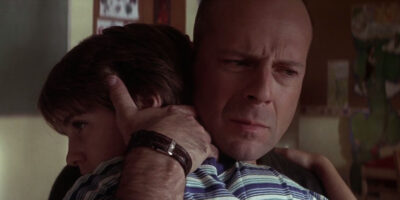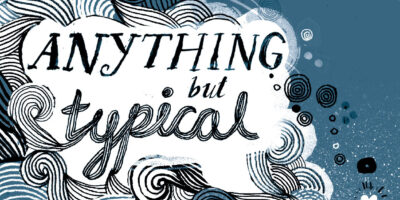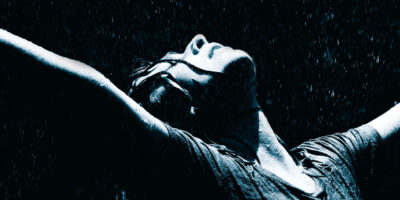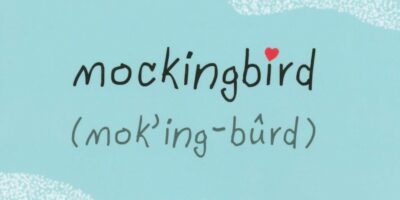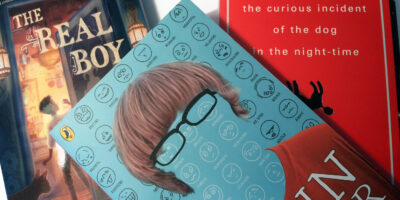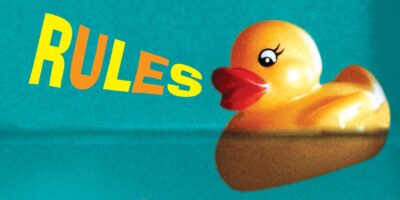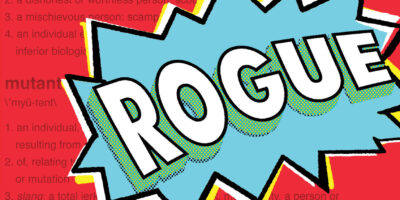-
Filter blog posts
Honor Roll titles
April 27, 2015
Interview with Lyn Miller-Lachmann about Rogue
April 26, 2015
Happy Endings and Overcoming Autism
April 25, 2015
Review: The End Games by T. Michael Martin
April 25, 2015
Review: The End Games by T. Michael Martin
April 24, 2015
Review: Evidence of Things Not Seen by Lindsey Lane
April 23, 2015
A Letter to Writers About Autism
April 22, 2015
The Extra-Special Autistic
April 21, 2015
Review: How to Fly with Broken Wings by Jane Elson
April 20, 2015
Review: Anything But Typical by Nora Raleigh Baskin
April 19, 2015
Narrative Devices and the Autism Voice
April 18, 2015
Review: Rain Reign by Ann M. Martin
For all that there are moments when Rose’s voice is nuanced and shines, those nuances continuously pushed aside for a far more stereotypical narrative. This is not the story of an autistic character written for an inclusive audience; this is a story about an autistic character written for a neurotypical audience.
April 17, 2015
Context Matters: On Labels and Responsibility
April 16, 2015
Interview with Tara Kelly about Harmonic Feedback
April 16, 2015
Review: Harmonic Feedback by Tara Kelly
April 15, 2015
Review: Mockingbird by Kathryn Erskine
April 13, 2015
Interview with Anne Ursu about The Real Boy
April 13, 2015
Review: The Real Boy by Anne Ursu
April 12, 2015
Review: Rules by Cynthia Lord
April 10, 2015
Review: Rogue by Lyn Miller-Lachmann
April 9, 2015
Review: Navigating Early by Clare Vanderpool
April 8, 2015
The Troubling Debate of Autism as a Fad
April 8, 2015



